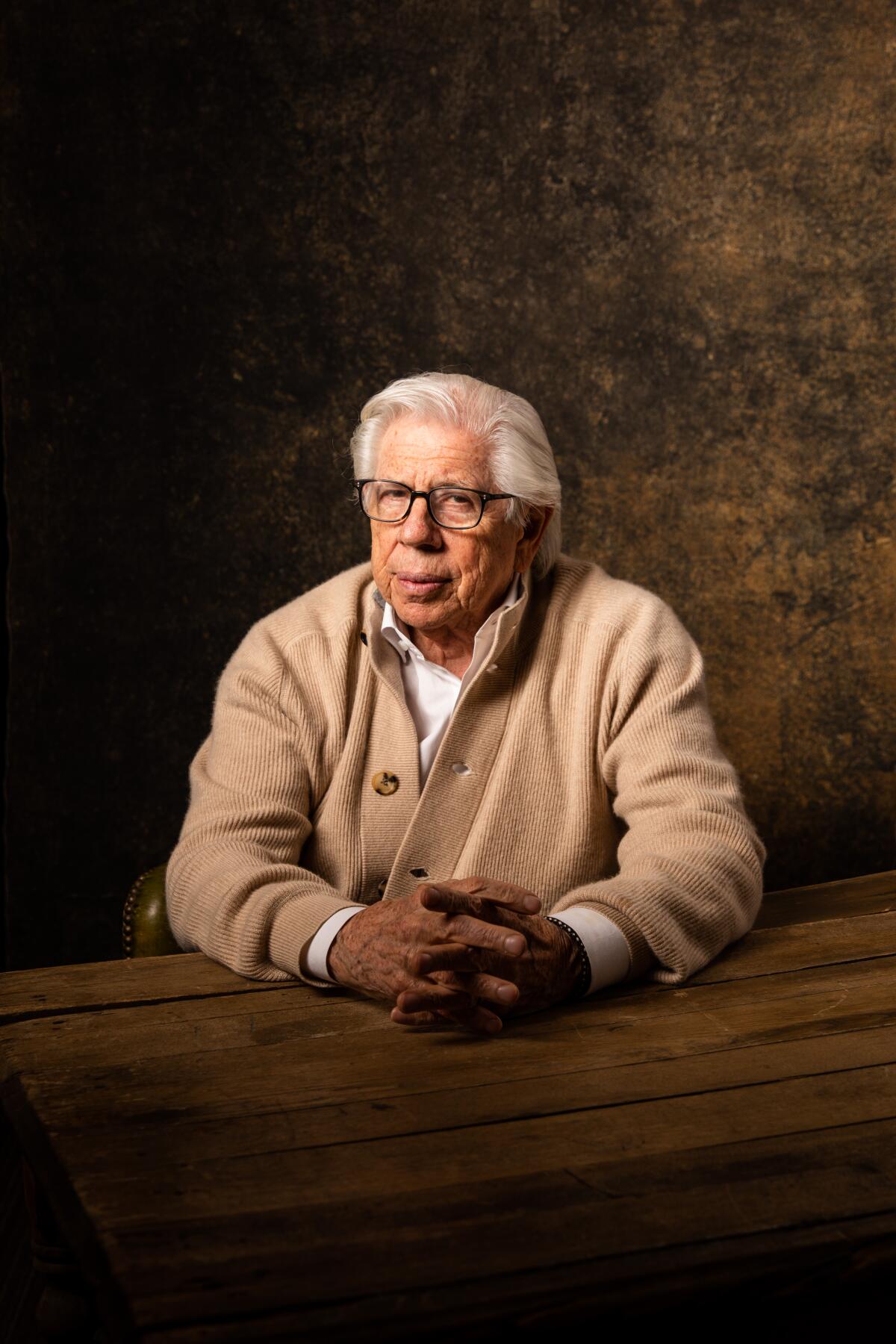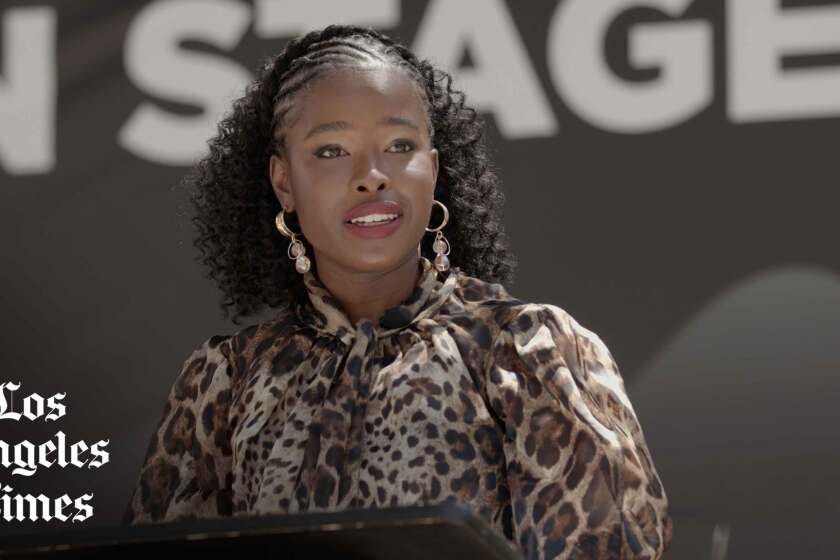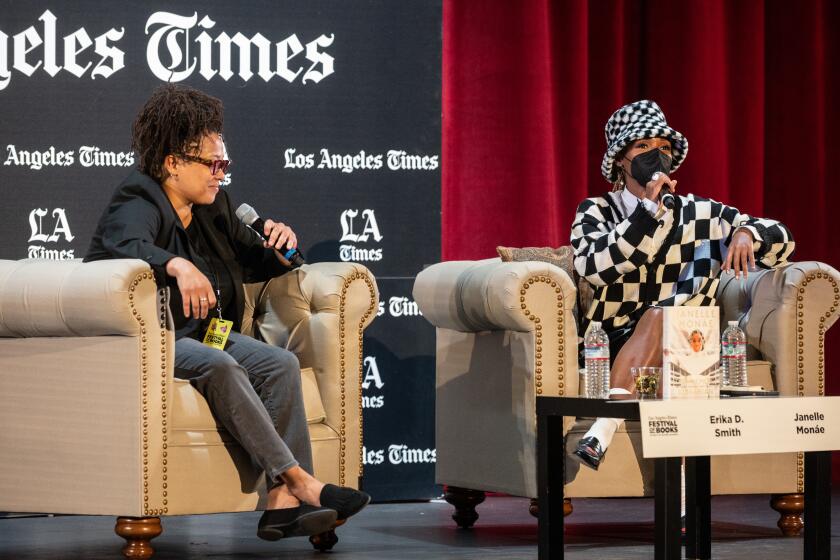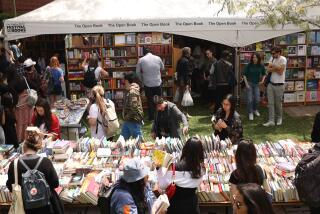Carl Bernstein tells Festival of Books crowd we have ‘opportunities as well as loss’

- Share via
In “All the President’s Men,” the iconic film that follows the exploits of Bob Woodward and Carl Bernstein as they break the story of Watergate for the Washington Post, there’s a scene in which Bernstein (Dustin Hoffman) gets the pair lost. He tells an anecdote about something foolish he did when he was a copyboy, then famously says, “Just wanted you to know I’ve done dumber things than get us lost, that’s all.”
At the Los Angeles Times Festival of Books on Saturday, the intrepid journalist got lost again, in a good way — in reminiscence and in conversation with Times columnist Mary McNamara.
The talk focused on Bernstein’s memoir, “Chasing History: A Kid in the Newsroom,” published in January by Henry Holt. But Bernstein continually wandered down interesting side paths, flitting over moments in his fascinating life, emphasizing the importance of good investigative reporting and insisting “the truth is not neutral” — a lesson he learned while covering the civil rights movement in the 1960s for the Washington Evening Star.
Gorman read her poem “Fugue,” about the ravages of the pandemic, publicly for the first time at the Los Angeles Times Festival of Books on Saturday.
Though Bernstein waxes poetic on the “glorious chaos” of the newsroom in his memoir, he avoids the biggest pitfall of the genre — furbelowing the past with the fine lace frills of nostalgia. He told the packed audience at the Times Main Stage that his book is “not the old man looking back,” but instead “written in the voice of a kid,” who at age 16 “miraculously gets the best seat in the country.” As a copyboy and then reporter at the Evening Star, he witnessed up close various milestones in the civil rights movement and the Kennedy presidency from inception to tragic end.
Though the book doesn’t go into his Watergate years, it shows, in the supportive words of Woodward, how Bernstein “taught himself the genius of perpetual engagement that led us to Watergate ― watching, looking, questioning, and overwhelming the moment.”
Panels, prizes and people — lots of them. Coverage of the L.A. Times’ first in-person Festival of Books since 2019 begins below.
Speaking to the present on the main stage, Bernstein acknowledged the divisiveness of American society and the precarious state of journalism, but he argued that with change “there are opportunities as well as loss.”
In his view, the job may have transformed in the decades since his glory days, but “all good journalism that you see today comes from the same methodology.” That methodology? His memoir explains it well: “I’d gotten it in my head that all good reporting was pretty much the same thing: the best version of the truth you could come up with.”
A guide to the literary geography of Los Angeles: A comprehensive bookstore map, writers’ meetups, place histories, an author survey, essays and more.
More to Read
Sign up for our Book Club newsletter
Get the latest news, events and more from the Los Angeles Times Book Club, and help us get L.A. reading and talking.
You may occasionally receive promotional content from the Los Angeles Times.













